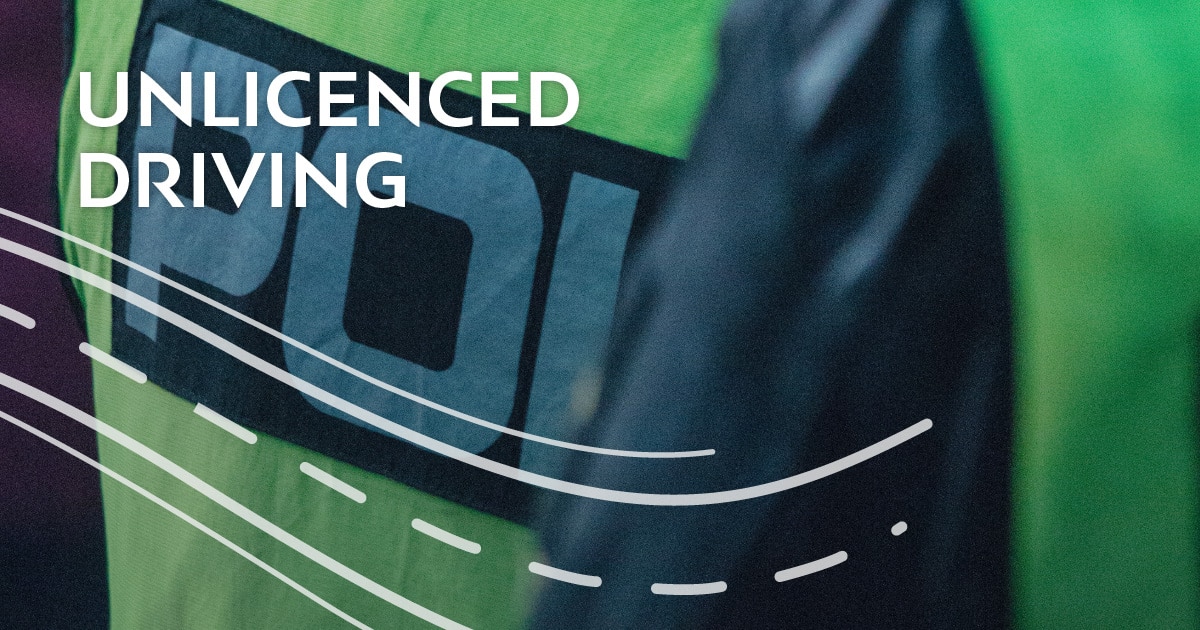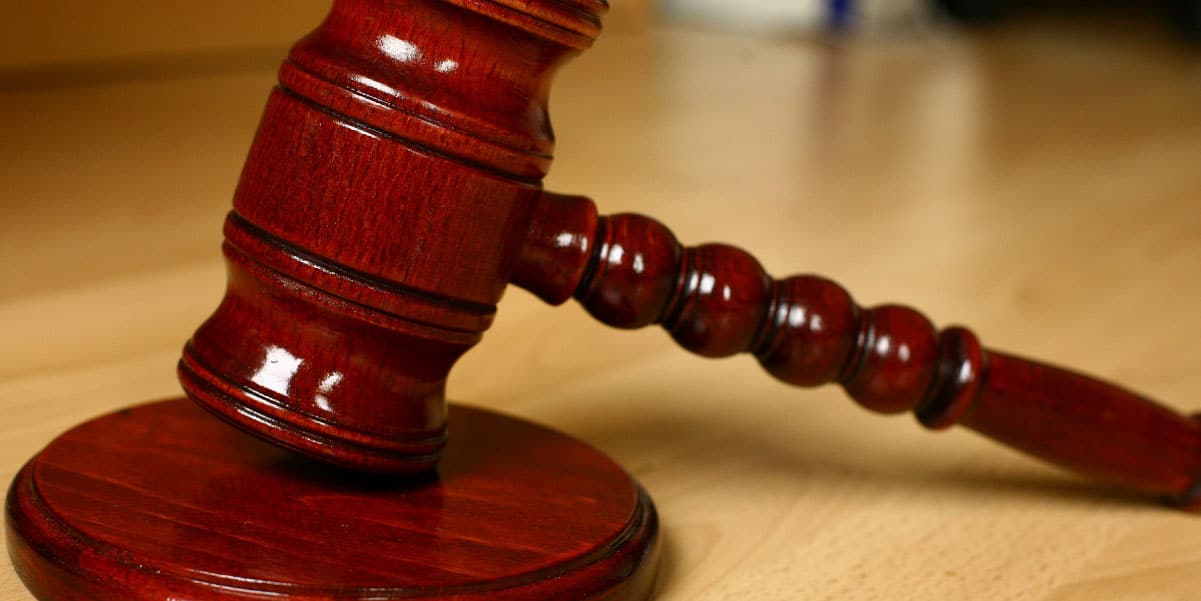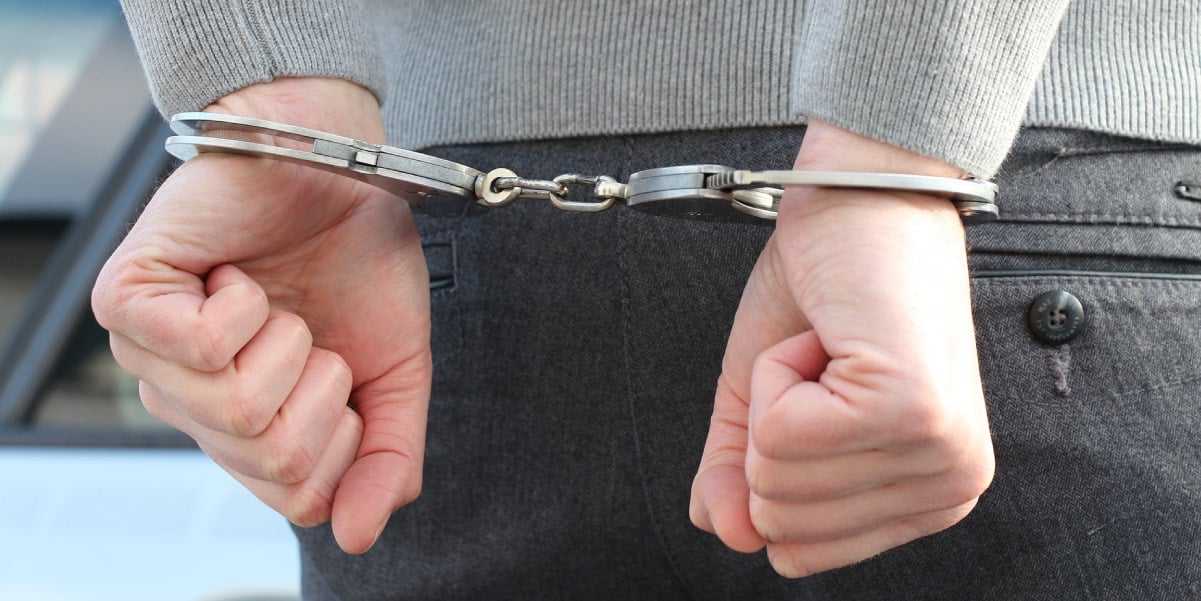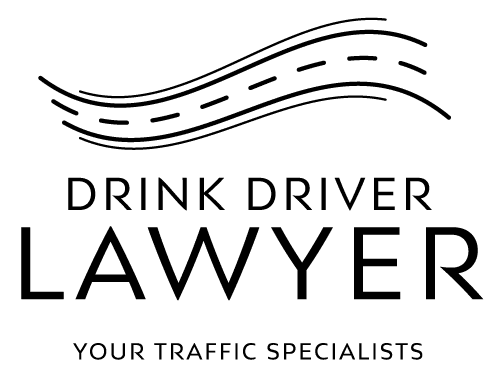Unlicenced Driving
Unauthorised driving is a serious offence with wide-ranging consequences, impacting not only the driver but also other road users. It involves operating a vehicle without a valid driver's licence, which is against the law in Australia and many other jurisdictions globally. This issue is a significant concern for road safety authorities, as unlicensed drivers often lack the necessary skills and knowledge to navigate the roads responsibly and safely. We aim to shed light on the implications, legal repercussions, and preventive measures associated with unauthorised driving.

Why Is Unlicenced Driving Unacceptable?
Operating a vehicle without a valid driver’s licence has grave implications. It not only jeopardises the safety of unlicensed drivers themselves but also puts other road users at potential risk. The drivers without a licence typically do not have the requisite driving competence and understanding of traffic rules, which can lead to accidents, sometimes with catastrophic consequences. Moreover, these individuals may not have insurance coverage, leaving victims of accidents they cause without an avenue for compensation. This disregard of the law also undermines the legitimacy of legal systems, making it an issue of societal concern.
Types of Unlicenced Driving Offenders
Unlicenced driving offenders can be broadly categorised into the following types:
- Never Licensed Drivers: These individuals are those who have never held a valid driving licence. Among them are underage drivers who are not yet eligible to obtain a licence, as well as adults who have never undergone the necessary process to acquire one. This could include individuals who have never taken the driving tests, completed the required training, or fulfilled the legal requirements to obtain a driving licence.
- Expired Licence Holders: These are drivers whose licences have expired and were not renewed for some reason. They may not be aware of the expiry or are neglecting the renewal process due to various circumstances such as forgetfulness, lack of time, or financial constraints. It’s important to remind and encourage them to renew their licences promptly to ensure road safety and compliance with the law.
- Disqualified Drivers: These are individuals whose licences have been revoked or suspended by the courts due to prior violations or offences, such as reckless driving, driving under the influence, or repeated traffic infractions. Despite the legal prohibition and the potential consequences, they continue to get behind the wheel, putting themselves and others at risk on the roads.

- Foreign Licence Holders: These are drivers who hold a licence issued in a foreign country but are driving without obtaining the proper permission or licence conversion in the local jurisdiction. This is considered unlicensed driving if the local law requires a conversion after a certain period of stay or if the foreign licence itself is not valid. This can have serious consequences, as it not only puts the driver at risk but also poses a potential threat to other road users. It is important for these drivers to familiarise themselves with the local driving regulations and take the necessary steps to ensure they are driving legally and safely.
- Fake Licence Holders: These individuals are engaging in fraudulent activities by using counterfeit or altered licenses. They resort to such deceptive measures either to conceal a disqualification or due to their failure in the licencing test. These actions not only undermine the integrity of the licensing system but also pose potential risks to public safety and security. It is crucial to address and prevent such illicit practices to ensure a fair and lawful environment for all.
Consequences of Driving without a Licence
Driving without a valid licence can lead to severe consequences. These repercussions vary from jurisdiction to jurisdiction, but there are some common penalties.
- Fines and Penalties: One of the immediate and direct consequences is a fine. The amount can vary depending on the local laws and the circumstances of the violation.
- Vehicle Impoundment: In some cases, the authorities may impound the vehicle driven by an unlicensed driver. This action could lead to additional costs and inconveniences as the owner would have to pay for the vehicle’s release and storage costs.
- Criminal Charges: Unlicenced driving is a criminal offence in many places, and the offender may face criminal charges. This situation could result in a criminal record, which can cause long-term implications like difficulties in obtaining certain jobs.
- Increased Insurance Premiums: Insurance companies may increase the premiums of the vehicle owner if an unlicensed driver uses their vehicle. In some cases, the insurance company could void the insurance policy altogether.
- Imprisonment: For repeat offenders, or in cases where unlicenced driving leads to serious accidents, the offenders could face imprisonment.
Remember, driving is a privilege, not a right. It’s essential to acquire and maintain a valid licence to ensure the safety of all road users.

What Should You Do If You Are Charged?
If you find yourself charged with unlicensed driving, it’s crucial to take certain steps to manage the situation responsibly and legally. To begin with, it’s important to cooperate fully with the police during the arrest process and avoid arguments or physical resistance, as this can further complicate your situation.
Next, you should seek legal advice at the earliest opportunity. Contact a professional lawyer who specialises in traffic offences to guide you through the legal process. They can advise you on your rights, potential defence strategies, and possible penalties you may face.
If you’re eligible for a driving licence, you should take immediate steps to get one. This action may demonstrate to the court that you are making an effort to comply with the law.
Finally, you should prepare for your court hearing. Dress appropriately, be punctual, and behave respectfully towards the court officials. The court will consider your attitude and behaviour when deciding on your penalty. Remember, every situation is different, so it’s vital to get professional advice tailored to your case.
In conclusion, driving without a valid licence is a serious offence that carries significant risks and consequences. It is not only unlawful but also poses substantial threats to road safety. The penalties for such actions are severe, ranging from hefty fines to potential imprisonment. Should you find yourself in such a predicament, it’s crucial to seek legal advice promptly and cooperate fully with the law enforcement agencies. However, the surest way to avoid all these complications and ensure the safety of all road users is by always maintaining a valid driver’s licence. Remember, driving is a privilege that should be accorded the seriousness it deserves.
